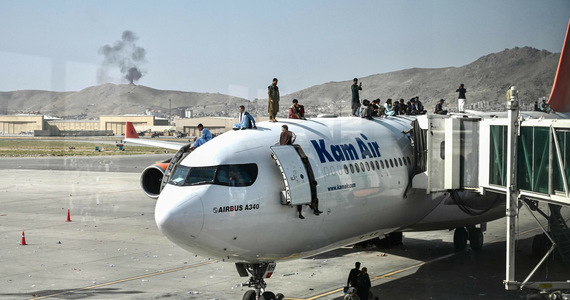After an earlier chaotic evacuation, only a few American citizens, but still thousands of Afghans, may want to leave Afghanistan.
The last US troops withdrew from Afghanistan on August 31, ending their 20-year stay in the country. Since then, a small number of flights have been organized with Americans, Afghans and foreign nationals from Kabul airport and from the northern city of Mazar-i-Sharif. Some people left Afghanistan overland through border crossings into Central Asian countries and Pakistan.
According to a senior US State Department official, a timetable for the resumption of evacuation flights has not yet been set; Negotiations are underway with neighboring countries in this regard. Issues on the agenda include travel documents, travel permits, and procedures for dealing with the Taliban and foreign governments.
“Once we have the right mix of documentation and logistics, we’ll start working again,” the Wall Street Journal quoted a State Department representative as saying. The Taliban did not respond to the newspaper’s request for comment.
The Taliban require passports for most Afghans wishing to leave, which is a problem for some of them, as they fear they will face retaliation for cooperating with the Americans when arranging the papers. Some Afghans either destroyed their documents after the Americans withdrew or were unable to access them. The Taliban reopened the passport office and began issuing documents. However, some Afghans fear that applying for a passport could lead to Taliban retaliation.
According to the WSJ, the US State Department plans to organize several flights per week. The US plans are to focus evacuation efforts across Qatar, where the evacuees will end up at Al Udeid base. Previously, the Afghans were transported to several countries in the Middle East and Europe, where appropriate screening procedures were carried out.
Priority access to evacuation flights from Afghanistan will be given to US citizens, US permanent residents, and their immediate family members. US Embassy staff and some applicants who have worked in the US and passed most security checks will be eligible for these trips.
The US State Department estimated in September that fewer than 200 Americans left in Afghanistan want to return home. NGOs say there is more.







